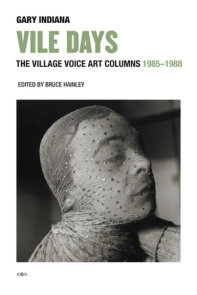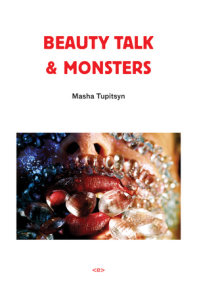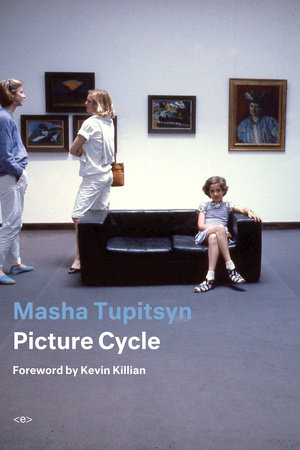

Picture Cycle
By Masha Tupitsyn
Introduction by Kevin Killian
By Masha Tupitsyn
Introduction by Kevin Killian
Part of Semiotext(e) / Active Agents
Category: Literary Criticism | Art | Movies & TV

-
$17.95
Nov 19, 2019 | ISBN 9781635901047
Buy the Paperback:
YOU MAY ALSO LIKE
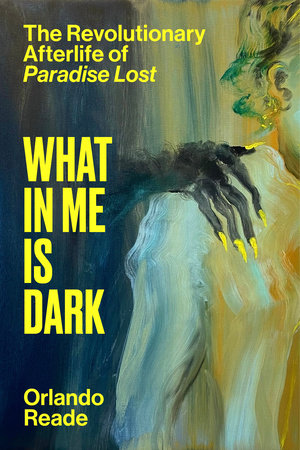
What in Me Is Dark
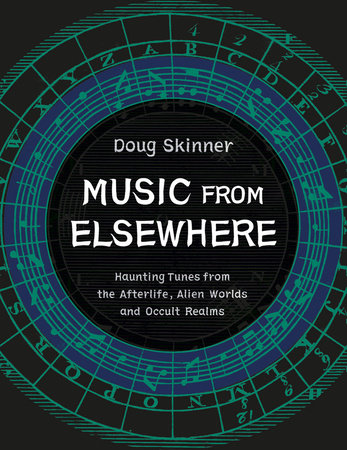
Music from Elsewhere
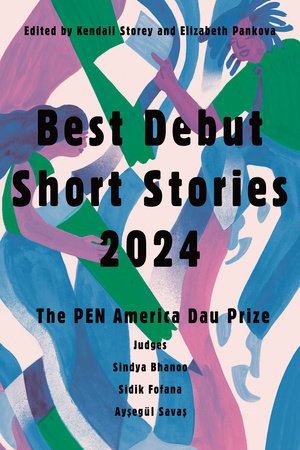
Best Debut Short Stories 2024
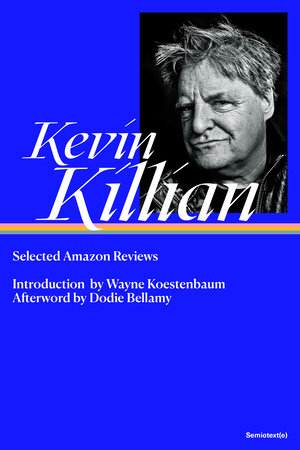
Selected Amazon Reviews
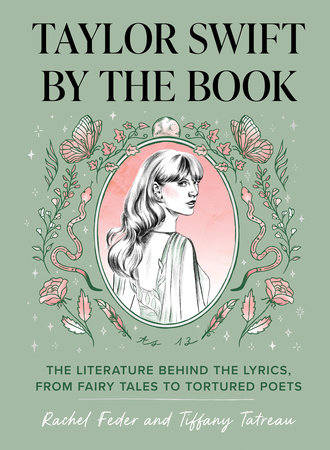
Taylor Swift by the Book
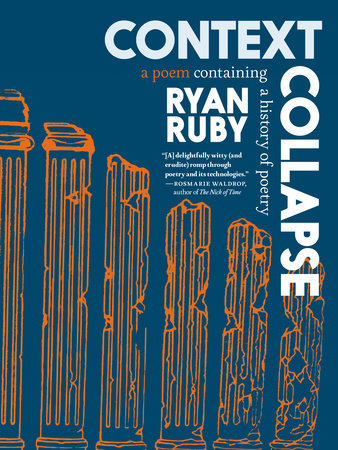
Context Collapse

Jane Austen: Visual Encyclopedia
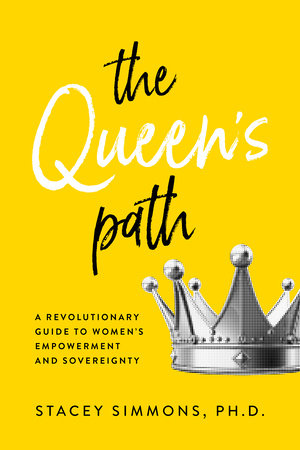
The Queen’s Path
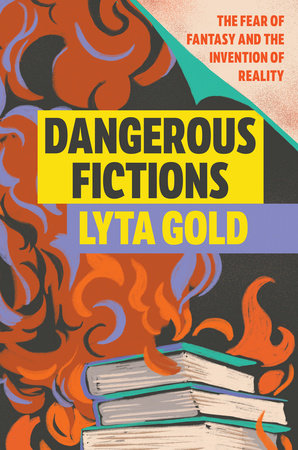
Dangerous Fictions
Praise
Picture Cycle is a brilliant work of cultural criticism. At once lyrical and incisively analytical, it investigates, with great acuity, intellectual range, and undercurrent of mourning, “the new emotional schematic,” where lives and screens become hauntingly inseparable. In essays that reach back into pre-digital childhood and fast forward into an ever-spreading simulacrum, Masha Tupitsyn’s gaze is always vibrant, curious, and compellingly alert to the telling detail and revealing contradiction. These formally inventive essays bring to mind both Gertrude Stein and John Berger, as they illuminate with beauty and tenderness a world that “stopped being The World and became something else.”—Laurie Sheck, author of A Monster’s Notes— Masha Tupitsyn’s Picture Cycle is not just a socio-political argument for formal complexity, it is also an artwork that pushes criticism, art, and philosophy towards the immaterial, spectral, and sublime while maintaining exemplary attention to formal detail. Pressing against our lossless digital surfaces, Tupitsyn uncovers cuts, dissolves, frames, gaps, and junctures that revive our capacity for making sense. Masha Tupitsyn’s Picture Cycle rescues films of our generation from the memory hole to which everything but box office is now consigned. Her writing is intimate and analytical, laced with radiant perceptions about movie stars, memory, and lost time. Words which cut through the noise of our time with precision, clarity, and elegance. Tupitsyn’s singular essays shape shift between analysis, intervention, critique, and lyric essay, meeting her subject matter where it needs to be met. Tupitsyn makes the familiar unfamiliar once again and, at their best, her essays return and transform their subjects back into the strange, unfamiliar, unknown things they once were when we first encountered them.
21 Books You’ve Been Meaning to Read
Just for joining you’ll get personalized recommendations on your dashboard daily and features only for members.
Find Out More Join Now Sign In







